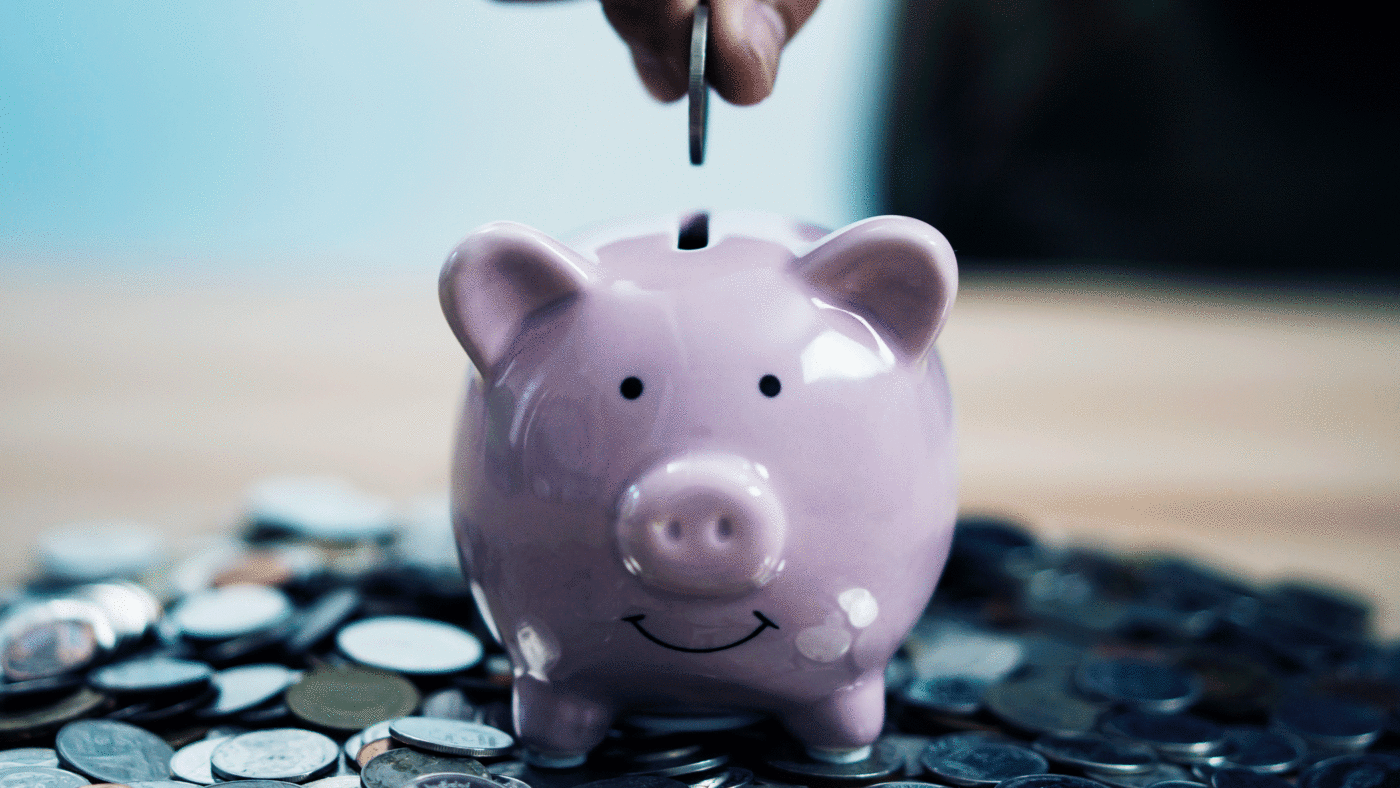‘Popular capitalism,’ said Margaret Thatcher, ‘is nothing less than a crusade to enfranchise the many in the economic life of the nation.’
In a Britain of sky-high housing costs, vast Covid debts and soaring inflation, making good on the Great Lady’s inspiring message has rarely felt more challenging.
One area there is ample scope for improvement, however, is in empowering people to take control of their own financial circumstances – and that must begin in schools.
Here the UK has a serious problem, with World Bank figures suggesting as many as one in three Brits are ‘financially illiterate’. Another recent survey found that less than half of 16-24s realised that money earning 1% interest would be losing value if inflation was running at 2% (chance would be a fine thing).
The personal and social consequences of financial illiteracy are stark: people who are unable to manage their money are more likely to make poor long-term financial decisions, get themselves into debt and ultimately need support from the state. Money worries make people physically and mentally ill; they erode confidence and they erode quality of life. They make you more likely to drink, and more likely to gamble. Debt spirals quite literally destroy people.
Although pockets of excellence do exist, there’s a real lack of consistency in the way personal finance is taught, with concepts that are fundamental to adult life often shunted off into a sub-section of maths or PSHE.
There’s a broader political point here too. For conservatives, the fact that so many people appear to be emerging from the education system without a proper understanding of how a market economy works is particularly concerning.
The answer lies not just in explaining how capitalism works – the ins and out of bank accounts, mortgages and so on – but why the market economy is such a good idea. Nor should rightwingers be shy about the need to educate children in these concepts. After all, leftwingers have little compunction about inculcating their values into young people – note the constant progressive agitation for votes at 16 – so there is no reason why conservatives should not try to do the same thing.
It’s not even a particularly ideological claim, given the clear historical fact that no economic system has transformed as many lives for the better as capitalism. Few would claim that capitalism is beyond criticism, but free market economics has underpinned the West’s economic success since the Industrial Revolution. If you prefer a more recent demonstration, just look at the explosion in wealth in China since Deng Xiaoping’s liberalising reforms, or the development of eastern Europe’s economies since the collapse of communism.
Admittedly, teaching the finer points of Adam Smith or Hayek might be a little confusing for five-year-olds (though a wing of the online pronoun Stasi seems to think they are an appropriate audience for treatises on sex reassignment). But the history of money – from the barter economy to the concepts of debt, interest rates and mortgages – is interesting, fun and fairly easily digested. And there are plenty of games children can play which spin on the principles of capitalism. Anyone who has played Monopoly knows the joy of being a rapacious right-wing buccaneer. Just watch out for the kid that comes in wearing a bow tie and top hat. And always buy the utilities.
Once pupils arrive at secondary school, efforts to inspire a new generation of free-thinking free marketeers can become more concentrated. Not only should teenagers across the country be taught the basics of making and managing a budget, but we could and should go further than that. One idea I am particularly struck by is the idea of a school bank.
The bank would operate within the school and have a physical outlet, where pupils could deposit small amounts of money which would appreciate over the course of the term with a favourable interest rate. In addition, the school would take on a number of small investment portfolios – perhaps using a simple trading platform like Freetrade – which groups of sixth form students would manage. The group that achieved the best returns would receive a bonus, with all groups allowed to split between them any profits they make. Particularly committed schools could even consider issuing their own internal currency for on-campus purchases. What better way to instil self-discipline and curiosity in young people, while also extolling the virtues of free choice and competition.
Ensuring our young people receive a proper financial education has many benefits, both for them as individuals and for society as a whole. Young adults who properly understand the free market will be less hostile towards it. They will be able to make better financial decisions. They might even quite sensibly conclude that loading themselves with tens of thousands of pounds of debt in exchange for an unremarkable university degree is not worth it. They will be able to plan for themselves and their families, invest wisely and build capital – as well as rebuffing the siren calls of financial snake oil salesmen.
Click here to subscribe to our daily briefing – the best pieces from CapX and across the web.
CapX depends on the generosity of its readers. If you value what we do, please consider making a donation.


